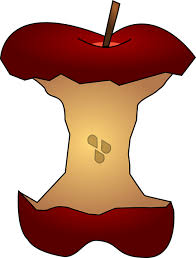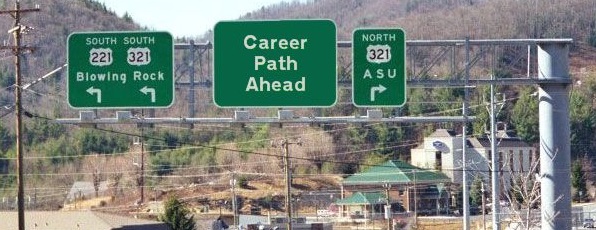A New Kind of Core
 Nicholas Lemann, in the December 2, 2016 issue of The Chronicle of Higher Education, wrote about what he is calling "a new kind of core curriculum." Lemann is a professor of journalism and dean emeritus at Columbia University’s Graduate School of Journalism, and a staff writer for The New Yorker. Perhaps more importantly here, he is a member of the Commission on the Future of Undergraduate Education, sponsored by the American Academy of Arts and Sciences.
Nicholas Lemann, in the December 2, 2016 issue of The Chronicle of Higher Education, wrote about what he is calling "a new kind of core curriculum." Lemann is a professor of journalism and dean emeritus at Columbia University’s Graduate School of Journalism, and a staff writer for The New Yorker. Perhaps more importantly here, he is a member of the Commission on the Future of Undergraduate Education, sponsored by the American Academy of Arts and Sciences.
It seems that he first formed this idea while being dean at a professional-school where they needed to teach the specific content of an education in a field. Though he is not proposing a trade school approach to undergraduate education that is designed to get you a specific job at graduation, one of his premises is that "if you want to practice a profession, there is a body of material you must master, at least in the early part of your education."
Like many faculty, he is not fond of seeing the liberal arts gradually slip away, and he thinks the way to reverse the decline is to move in the direction of a core curriculum.
Of course, the "core curriculum" has not exactly had a lot of cheerleaders lately either. His proposal is for a methods-based, rather than a canon-based, curriculum. He has "arbitrarily limited my core curriculum to eight one-semester courses, which would amount to no more than half of an undergraduate education, so it would not eliminate the ability to have a major or to choose elective courses."
Lemann notes that the six-year graduation rates now are still at a poor 60 percent rate. He believes that is at least partly because too many entering students aren’t prepared to navigate the world of college-level work. He is not suggesting a change in secondary education though. And he is not a fan of elective systems.
His new core has courses with names such as "Information Acquisition," "Cause and Effect," "Interpretation," "Numeracy," "Perspective," "The Language of Form," "Thinking in Time," and "Argument" sound new but their descriptions harken back to fairly traditional offerings.
Take as an example "Argument" which he describes in this way: "Back in the 19th century, when undergraduate core curricula were the rule rather than the exception, practically everybody had to take a course in rhetoric or oratory. The requirement often had roots in the colleges’ original mission of training ministers, and it usually vanished with the advent of the elective system. This course would aim to revive the tradition by teaching students how to make a compelling and analytically sound argument, both written and spoken (and probably also, inevitably, in PowerPoint). It is an endeavor with centuries of interesting thought behind it, so one can imagine the course drawing on philosophy, law, theology, even drama — with the opportunity to consider exemplary arguments from the past. It should be obvious that the assignments would ask students to practice the skills the course is teaching them, in writing and in performance."
For all the Education 2.0 and new approaches being tried in higher education, the lifetime-earnings premium of having a college degree is still substantial enough that some students will continue to show up on campus. Keeping them there and moving them through at a reasonable pace and preparing them for life after academia is far more important than admissions.
 With all the talk about alternatives to the degree and open education, we still have 70% of American high school graduates enrolling in college. You would hope that the major they choose are not based solely on money, but salaries are not only important to students but have been important marketing tools for colleges.
With all the talk about alternatives to the degree and open education, we still have 70% of American high school graduates enrolling in college. You would hope that the major they choose are not based solely on money, but salaries are not only important to students but have been important marketing tools for colleges. Only about half of all students who start college graduate with a bachelor’s degree within six years. It doesn't help that completion rate that the path to degrees is less linear than ever. More than a third of students transfer at least once during their college years, according to the National Student Clearinghouse. Of those, nearly half change institutions more than once.
Only about half of all students who start college graduate with a bachelor’s degree within six years. It doesn't help that completion rate that the path to degrees is less linear than ever. More than a third of students transfer at least once during their college years, according to the National Student Clearinghouse. Of those, nearly half change institutions more than once.